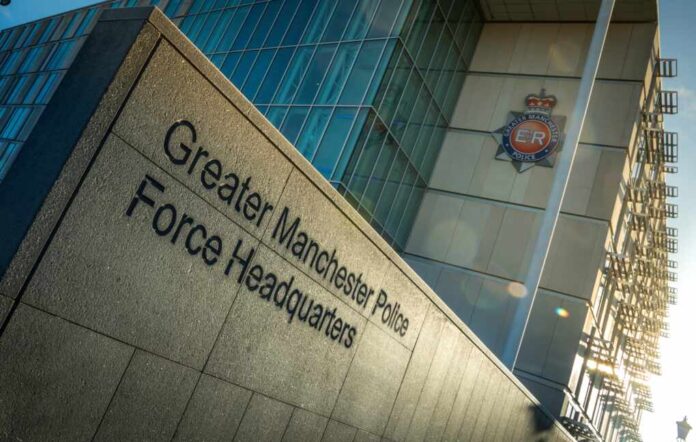
Greater Manchester Police face a monumental task as they delve into one of the largest investigations of grooming cases involving over 700 victims.
At a Glance
- Greater Manchester Police have lost some trust among victims despite improvements.
- Since 2019, GMP has improved its handling of child exploitation cases.
- The investigation involves 714 victims and 1,099 suspects.
- Training gaps and failures to support victims initially were identified.
Relentless Pursuit of Justice
Greater Manchester Police (GMP) is taking a decisive stand against grooming crimes with a sweeping investigation now involving more than 714 victims and survivors. These operations involve a staggering 1,099 suspects across multiple offender cases. The investigation’s trajectory underlines GMP’s commitment to undo past failures while deploying advanced tactics to ensure justice is served.
'Significant progress, but survivors say they’ve been shut out.'
Charlie Peters reports from Manchester as police probe over 1,000 grooming gang suspects. Victims say they weren’t consulted in the review. pic.twitter.com/QSC1BL5Scf
— GB News (@GBNEWS) July 3, 2025
Despite such efforts, reports from His Majesty’s Inspectorate of Constabulary and Fire & Rescue Services (HMICFRS) reveal areas of concern—outlining significant training gaps and inconsistencies in case evaluations. Commissioner-initiated reviews, such as the final CSE Assurance Review process starting in 2017, highlighted these discrepancies, urging remediation to restore public faith in law enforcement efforts.
Watchdog report into Greater Manchester Police handling of grooming gangs
Eroded Trust and Recovery
Despite the noted improvements, GMP grapples with eroded trust among victims and their communities. As the police watchdog remarked, “Despite making ‘significant improvements’, Greater Manchester Police (GMP) has lost the ‘trust and confidence’ of some victims of grooming gangs.” Concerns echo as campaigns for transparency demand that improvements be victim-led, fostering an environment where the afflicted feel safe in approaching support structures.
Yet, the journey through scandal-driven trust erosion toward restoration is met with administrative challenges. The Baird Inquiry’s revelations of unchecked power abuse within GMP, resulting in unlawful actions, further spotlight these nuances. This conundrum demands systemic rectifications, holding officers accountable to restore communal faith in governance frameworks.
Restoring Trust with Focused Initiatives
GMP acknowledges past mistakes with amendments aimed at refining investigation frameworks. Initiatives include the Child Sexual Exploitation Major Investigation Team (CSE MIT), distinguishing GMP as a force with dedicated resources toward tackling grooming networks. However, highlighted issues of data sharing delays and cases indicating over-representation of specific demographics—such as Asian men in grooming gangs—complicate these efforts, demanding thorough investigative procedures.
As of October 2024, GMP’s actionable investigations signify promises toward resolving these concerns, with calls from officials like Sir Keir Starmer amplifying national attention on grooming crimes. GMP’s resolve to collect perpetrator ethnicity data forms the backbone of its commitment to tackling and understanding this complex equation, offering strategic insights to stave off repeat offenses and rebuild communal trust.

























